- Learning time
- 30 minutes
- First play time
- 80 minutes
Roll for the Galaxy
Designed by: Thomas Lehmann,Wei-Hwa Huang
The reason for that slightly incongruous title is that Roll for the Galaxy is inspired/influenced by the earlier game Race for the Galaxy. Both have you competing to establish yourself as the dominant force in the galaxy, but whereas Race functioned purely through cards, here the mechanic of the game is dice.
You begin the game with a few, but will gather more during play. Each player has home player mat with a development (diamond symbol) and planet (circle) on it, ready to develop or settle respectively. You also have a phase strip showing five actions you can choose to assign dice to: Explore, Develop, Settle, Produce, and Ship. Each action has a symbol that matches one of the symbols on the dice. On a given turn, everybody rolls their dice and secretly assigns them to a chosen action. You can only choose one action – denoted by actually placing a die on it on the phase strip – and the symbol on the die you use for choosing is irrelevant. But all your other dice are placed underneath the symbol they match.
All the phase strips are revealed and for every phase that has been chosen by at least one player, all players get to do that action if they have dice on, or underneath, that particular phase. So basically as well as choosing an action for yourself, you’re also hoping other players will choose separate actions that will activate your other dice.
The phases then take place. Explore allows you to either take a bit of cash, or another planet/development tile from the general supply ready to be developed/explored. Develop and Settle allow you to build developments and settle planets. The moment your dice meet the ‘cost’ of either, they come off your player mat and are considered built/settled, giving you either an instant bonus (more dice) or an ongoing ability (manipulating dice rolls). Produce allow you to place dice on your planets, representing the planet’s production, which means you can later Ship it: turning it into either points, or cash.
The reason you need cash on an ongoing basis is that at the end of every turn your ‘spent’ dice – basically, any dice that ‘worked’ this turn – cost you 1 cash per die to make them available for the following turn.
After any one player builds their 12th planet/development (combined) the game will end at the end of the turn, and scores are compared: points gained during the game plus the numeric value of your planets and settlements.
Joe says
I'm a huge fan of Race for the Galaxy, and was predisposed to like Roll. But it actually didn't feel like it did anything better than the card game, and added a fair amount of fiddle-faddle. It has been said that it's a useful step towards learning Race, because the iconography is a little more streamlined, but I would say go straight to the card game if you're after a sci-fi themed tableau-building game. The mini dice and dice cups are quite cute though.
The guru's verdict
-
Take That!
Take That!
Surprisingly absent. Roll is a peaceful co-existence... although there is a little chicanery involved in the choosing of phases.
-
Fidget Factor!
Fidget Factor!
Low. Once you're familiar with the game's iconography, it moves quickly.
-
Brain Burn!
Brain Burn!
Again, low. Although there is the ability to change the value of any die, doing so costs you a die, so you're beholden to the dice you hold and assigning them doesn't take too long.
-
Again Again!
Again Again!
Dice and planets and settlements all coming out randomly ensure some variety, whilst the game itself is far from 100% luck. To us, there is a slightly one-note feel of roll-assign-repeat. But Roll does play fast, and after a couple of plays that complexity rating will drop to a two.

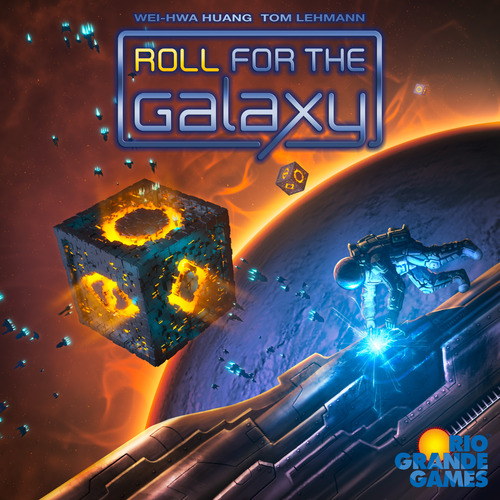
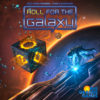
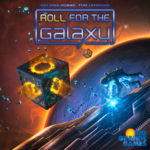
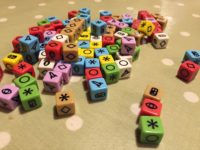
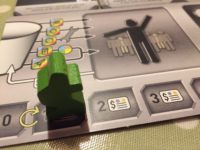
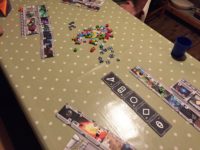
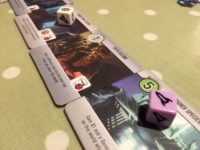
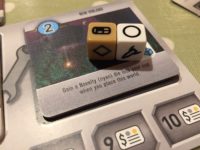


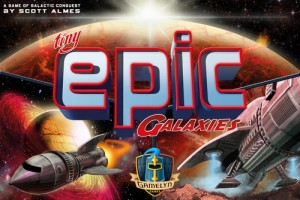
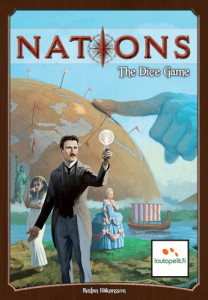
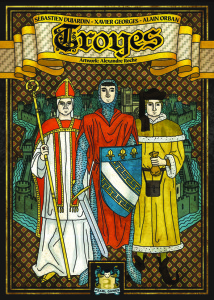
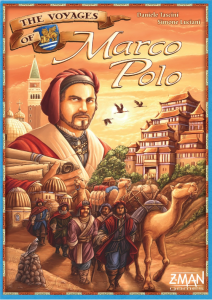
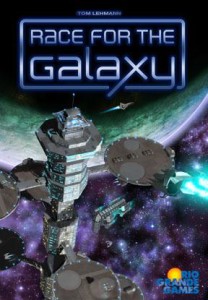
Sam says
Roll was pretty fun, but I confess I didn't find the space theme immersive at all, in the way that something like Eclipse is (admittedly, also a much longer game), and my perception of Roll was dice-rolling game mechanics over the top of sci-fi pictures that nobody really paid attention to. I can attest though that the game does some things very well: after a couple of plays it becomes very fast-moving; the tension of who's-choosing-which-phase can entice you to gamble with fortunate/unfortunate results, and the dice-rolling is always seeded with the possibility of joy/despair.